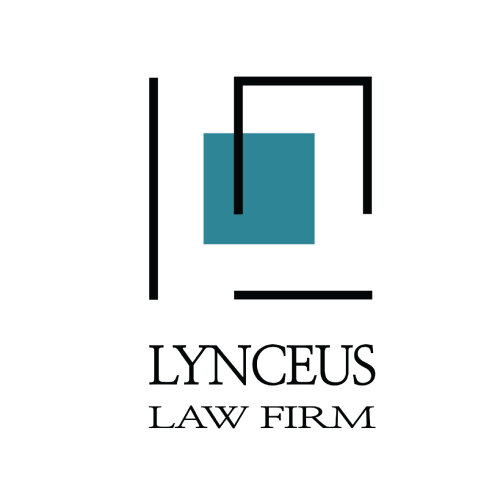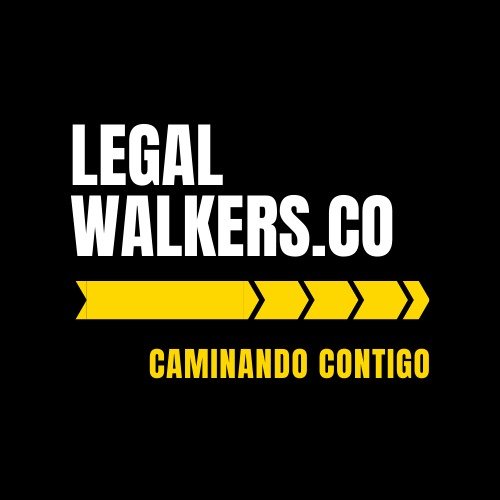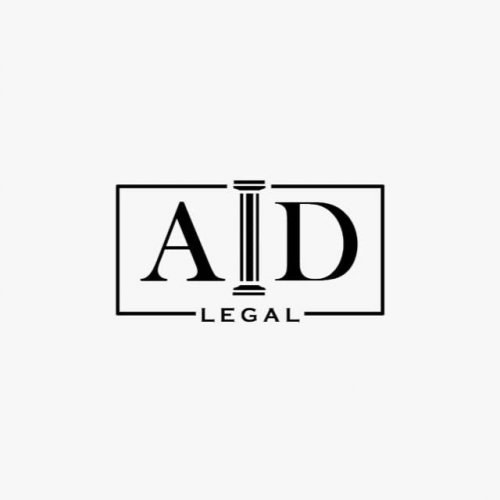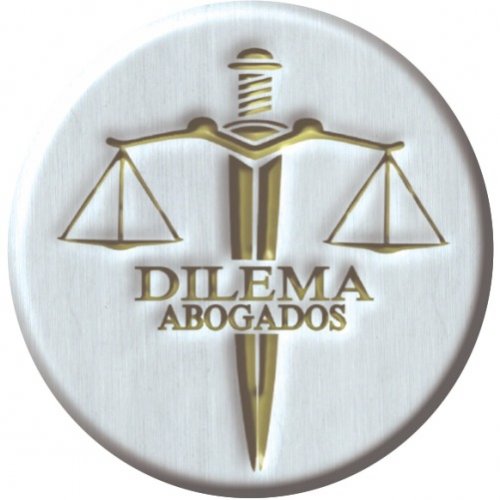Best Sanctions & Export Controls Lawyers in Medellín
Share your needs with us, get contacted by law firms.
Free. Takes 2 min.
List of the best lawyers in Medellín, Colombia
About Sanctions & Export Controls Law in Medellín, Colombia
Sanctions and export controls are areas of law that govern the movement of goods, technology, and services across national borders and impose restrictions in response to foreign policy or national security concerns. In Medellín, Colombia, these regulations align with Colombian laws and international commitments, including the United Nations Security Council resolutions. The law addresses who can import, export, or engage in international business transactions and under what conditions, especially when dealing with regulated or restricted products, sensitive technology, or sanctioned entities or countries. Compliance is critical for businesses and individuals involved in cross-border trade, logistics, and international finance.
Why You May Need a Lawyer
Many individuals and businesses in Medellín may require legal assistance with sanctions and export controls due to the complexity and high stakes involved. Common situations include:
- Exporting goods or technologies listed on restricted or controlled lists
- Navigating international sanctions that impact local transactions
- Responding to customs investigations or administrative proceedings
- Providing legal opinions for banks to release or process international payments
- Assessing risks of doing business with foreign partners or suppliers
- Applying for export licenses or permits from Colombian authorities
- Defending against alleged violations or penalties
- Implementing internal compliance programs to avoid future legal issues
Legal guidance helps ensure compliance, avoid fines or criminal liability, and manage risks related to international trade and sanctions.
Local Laws Overview
Colombia has developed a comprehensive legal framework dealing with sanctions and export controls. Key aspects relevant in Medellín include:
- The Colombian Ministry of Commerce, Industry and Tourism (MINCIT) regulates exports and provides licenses for controlled goods.
- Customs operations are managed by the National Directorate of Taxes and Customs (DIAN), which enforces export/import restrictions and investigates violations.
- Colombia complies with United Nations and other international sanctions, particularly targeting countries, organizations, or individuals linked to terrorism, proliferation, or organized crime.
- Controls apply to dual-use goods, military items, certain chemicals, and technologies that can have civilian and military uses.
- Financial institutions in Colombia must report and sometimes block transactions related to sanctioned entities or activities.
- Exporters and logistics companies must conduct due diligence on foreign counterparts to avoid breaching sanctions or export control laws.
Violations of these regulations can result in administrative sanctions, fines, loss of export privileges, reputational harm, and even criminal prosecution in serious cases. Multinational companies and local businesses trading internationally must stay informed and compliant.
Frequently Asked Questions
What are sanctions and who imposes them in Colombia?
Sanctions are legal measures that restrict trade or financial transactions with certain countries, organizations, or individuals. In Colombia, sanctions are mainly imposed to comply with United Nations Security Council resolutions and Colombian government policy.
Which government agencies are responsible for sanctions and export controls in Medellín?
Mainly the Ministry of Commerce, Industry and Tourism (MINCIT) and the National Directorate of Taxes and Customs (DIAN). The Ministry of Foreign Affairs and the Financial Information and Analysis Unit (UIAF) may also be involved.
Do I need a license to export goods from Medellín?
Certain goods, especially dual-use items, military equipment, chemicals, and some technologies, require an export license from Colombian authorities before they can be shipped abroad.
What are the risks of violating sanctions or export controls?
Risks include hefty fines, confiscation of goods, revocation of export licenses, criminal charges, and damage to reputation or business relationships.
How do I know if my product is controlled or subject to export restrictions?
Colombian authorities publish controlled goods lists and related regulations. A legal specialist can help determine if your product falls under these controls and assist with compliance.
What due diligence must I perform on foreign buyers or partners?
You should verify that foreign recipients are not listed on sanctions lists and are not located in embargoed countries. This involves screening against national and international lists and documenting your compliance efforts.
Can I be held liable for unintentional violations?
Yes. Even inadvertent breaches of sanctions or export controls can result in penalties, making it essential to implement strong compliance procedures.
Are financial transactions affected by sanctions and export controls?
Yes. Colombian banks must screen transactions and may block or report those involving sanctioned parties or embargoed jurisdictions.
Are there local guides or training on export controls?
Various governmental bodies, business chambers, and legal firms offer seminars, guides, and compliance workshops for exporters and logistics providers.
What should I do if I receive a notice of violation?
Act quickly to consult a legal expert. Responding promptly and thoroughly is essential to mitigate potential penalties and protect your interests.
Additional Resources
If you need further guidance or information about sanctions and export controls in Medellín, consider reaching out to:
- Ministry of Commerce, Industry and Tourism (MINCIT) for export licensing and regulatory guidance
- National Directorate of Taxes and Customs (DIAN) regarding customs procedures and investigations
- Chamber of Commerce of Medellín for business advisory services
- Colombian Association of International Trade (ANALDEX) for training and industry updates
- Legal aid organizations or independent legal professionals specializing in international trade law
Next Steps
If you believe you may be subject to or at risk of violating sanctions or export control laws in Medellín, here is how you can proceed:
- Consult with a lawyer or legal firm experienced in sanctions and export controls law. They can assess your situation, offer compliance advice, and represent you in any disputes or proceedings.
- Gather all relevant documentation, such as contracts, invoices, shipping records, and correspondences related to your transactions.
- Review your current business practices and consider implementing or updating internal compliance measures.
- If you have received any governmental notice, do not ignore it. Engage a legal professional promptly to prepare your response.
Understanding and complying with sanctions and export controls law can be challenging. Getting expert legal help is essential to safeguard your business and ensure you operate within the boundaries of Colombian and international law.
Lawzana helps you find the best lawyers and law firms in Medellín through a curated and pre-screened list of qualified legal professionals. Our platform offers rankings and detailed profiles of attorneys and law firms, allowing you to compare based on practice areas, including Sanctions & Export Controls, experience, and client feedback.
Each profile includes a description of the firm's areas of practice, client reviews, team members and partners, year of establishment, spoken languages, office locations, contact information, social media presence, and any published articles or resources. Most firms on our platform speak English and are experienced in both local and international legal matters.
Get a quote from top-rated law firms in Medellín, Colombia — quickly, securely, and without unnecessary hassle.
Disclaimer:
The information provided on this page is for general informational purposes only and does not constitute legal advice. While we strive to ensure the accuracy and relevance of the content, legal information may change over time, and interpretations of the law can vary. You should always consult with a qualified legal professional for advice specific to your situation.
We disclaim all liability for actions taken or not taken based on the content of this page. If you believe any information is incorrect or outdated, please contact us, and we will review and update it where appropriate.











